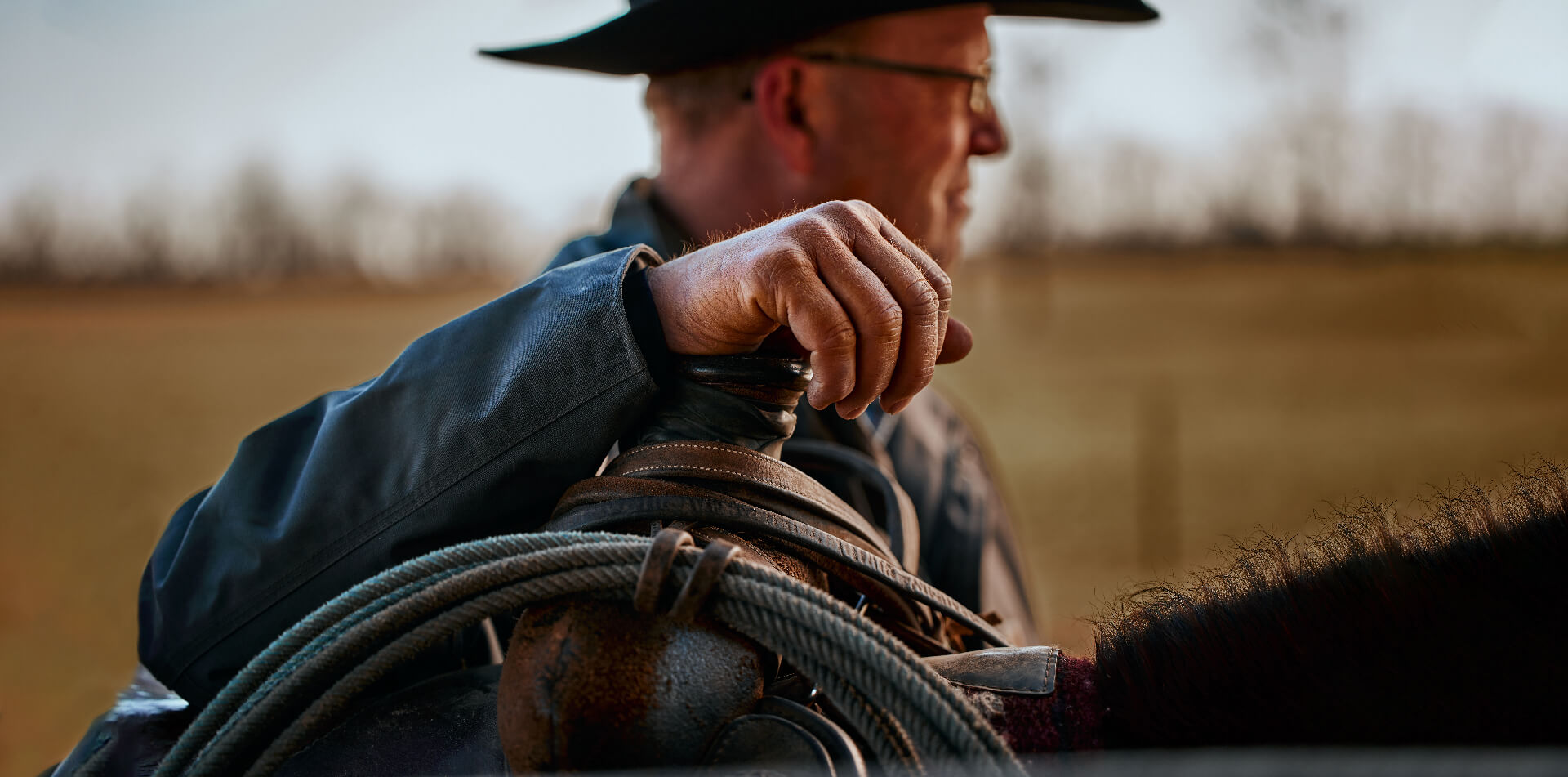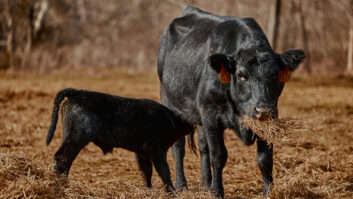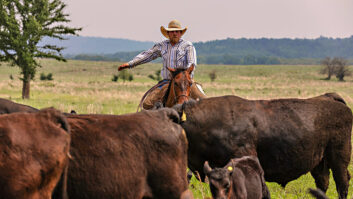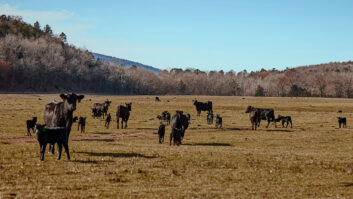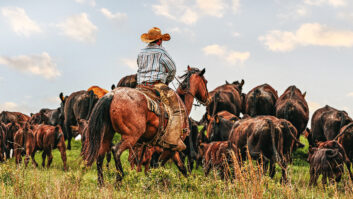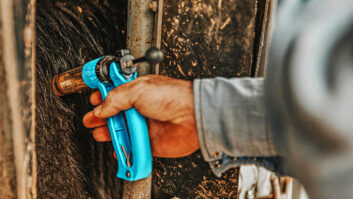Our Legacy
The Choctaw Tribe has always been an agrarian society. Our people have a long history of living in balance with the earth and her resources. The roots of Choctaw agriculture lie in deep cultural relationships with nature that go back more than 500 generations.
By around 500 B.C., the Choctaw ancestors first began to grow domesticated plants. Since then, Choctaw farmers – over a hundred generations – developed Choctaw-specific varieties of many crop plants including corn, beans, winter squash and sunflower. Choctaw farmers later passed along these food plants to Europeans, while also adopting some of the European crops and farming practices, including animal husbandry.
As one of the largest agricultural producers in the country, Choctaw Ranches has a clear responsibility to continue the traditions of respectfully harvesting our resources and sharing this knowledge to enrich the lives of many generations to come.
That’s exactly what our team strive for every single day. Ours is a progressive approach to ranching, and because our impact on the world affects both the growth and the prosperity of our Tribe, that’s just the way it should be.
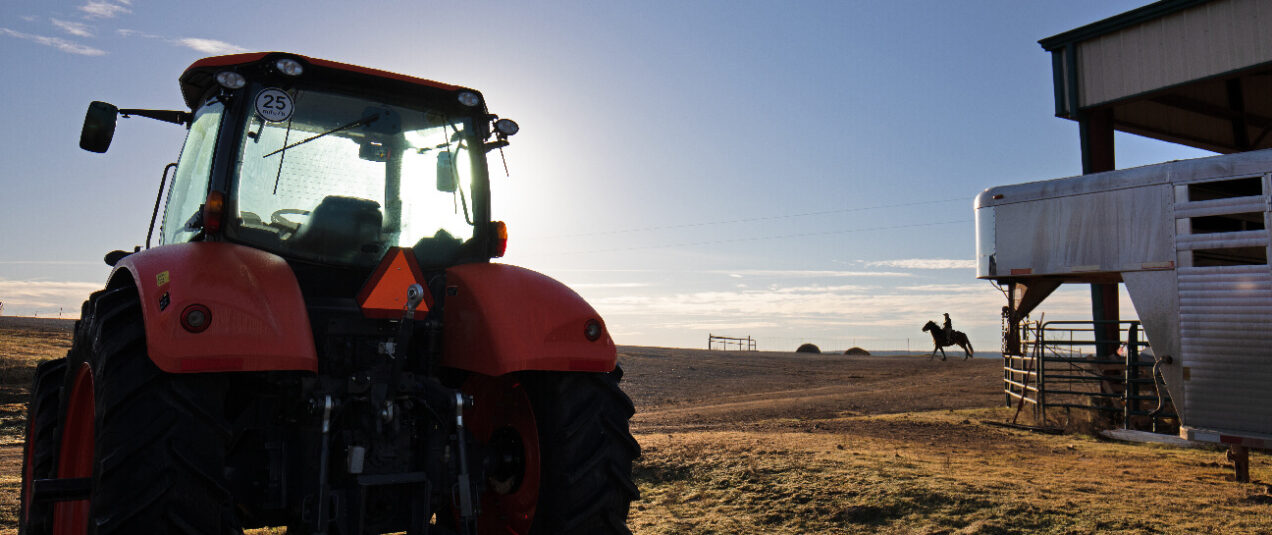
Our Commitments
Commitment to Differentiated Management
The use of modern technology is crucial to our mission. Now more than ever before, we know the story of where our beef comes from: we know who mothered our calves, the strength of her milk supply and even the calves’ wean weight. We know when they received veterinary care, and the names of those who cared for them. We also think it’s important to know which fields our cows called home.
Commitment to the Rural Community
We know, as the current stewards of the land, we are tasked with the care of both the herds and the land itself. Through grazing management plans, coupled with pasture overseeding efforts, we ensure we will continually improve forage productivity, as well as soil characteristics. Our diversity in our natural resources, by design, requires us to likewise implement a diverse operational plan.
We realize our management practices have an indelible impact on the quality of life for our community and neighbors since we invest so much physically into this land. As such, we also have the responsibility to invest heavily in this community. We strive to purchase from local businesses and farmers whenever possible, and we do all we can to share the information we’ve collected with our neighboring ranches to help them in any way possible.
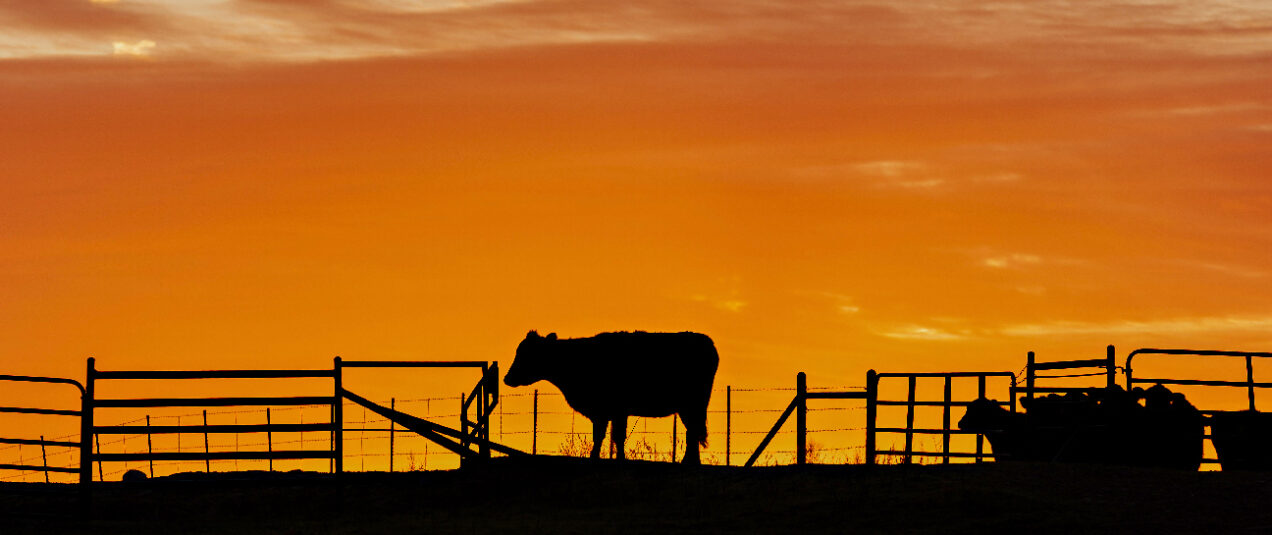
Commitment to our Cattle and Natural Resources
As far as our cattle themselves, our focus on invasive control increases their safety, reducing problems with pests and predators, while our fertility plan allows us to count on many future generations of healthy, prime cattle.
Speaking of fertility, our Animal Husbandry and Care program implements all Beef Quality Assurance (BQA) guidelines while ensuring highly qualified, certified personnel are staffed at each processing event. From the beginning, care is taken at every level: we can safely say that absolutely no one spends more time purchasing bulls than we do. Our heifers are artificially inseminated with sexed semen from selected robust sires – including consideration of phenotypic and genotypic data – to produce highly desirable, environmentally adapted offspring.
These selections are data-driven, as all individually identified animals, along with performance and financial records, are kept in a secure database, which greatly helps in the selection and culling process. Heterosis and heritability is implemented throughout the entire process. After birth, every animal is meticulously cared for, receiving robust preventative vaccinations, along with pre-weaning and fence-line weaning for stress reduction.
